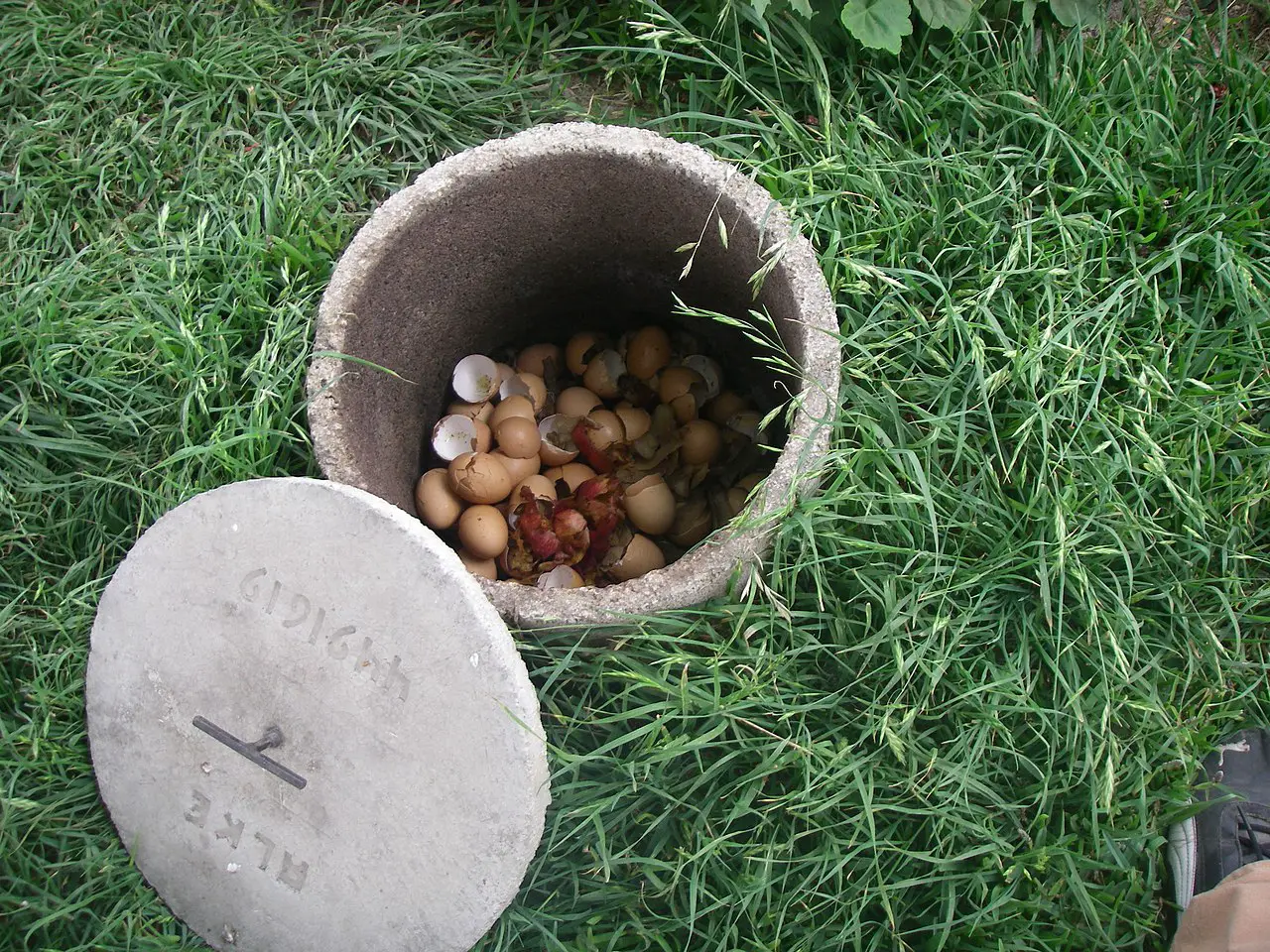Compost can be manufactured in a variety of ways, and depending on the method, it can take anywhere from 24 hours (with the help of a machine) to a year. It is possible to produce compost at home in as little as 6 to 8 weeks, or more commonly, over the course of a year.
There is a general rule that the more effort you put forth, the faster you will achieve usable compost.
The composting process is complete when the ingredients you put in your container have turned into a crumbly dark brown, earthy-smelling substance.
This “black gold” can be added to potting soil for excellent results. Use compost in flower beds or anywhere you think your garden will benefit from nutrient-rich soil.
Table of Contents
So how long does it actually take to make compost?
Each composting method and type of bin has a different timeline. See below to find out when you will likely have finished compost from home composting.
| Method | Composting Time |
| Compost pile | 2 months – a year |
| Compost bin | 2/3 months – a year |
| Compost tumbler | less than a month |
| Vermicomposting | 3 – 6 months |
| Bokashi | 2 – 6 weeks |
| Cold composting | 6 months -2 years |
1. Compost pile
Composting in a pile can take anywhere from 2 months to a year or two.
It takes one to two years for organic wastes you dump to decompose without your assistance.
If you take part in the composting process, you can reduce the composting time to a few months.
2. Compost bin
As a result of the bin’s ability to hold heat, making compost in a bin is quicker than making compost in an open pile.
Making compost in a bin can take anywhere from a few months with your dedication to about a year if left to nature.
3. Compost tumbler
Composting in a tumbler should result faster than in a bin or open pile.
Your compost can be finished in less than a month if you take your compost tumbling seriously.
Using a tumbler will speed up the composting process in two ways: it will make it easier for you to turn the compost and retain warmth and moisture inside the container.
4. Vermicomposting
Vermicomposting takes between 3 and 6 months to complete.
Your results will vary depending on how much you feed your worms and how many you have.
5. Bokashi
Bokashi composting is much faster than traditional composting. Traditional composting can take several months for food scraps to break down into usable matter, but bokashi can take just one month and two weeks in the anaerobic container and two weeks in a compost pile or fallow patch.
6. Cold composting
The process of cold composting typically takes 6 months to one year or even longer.
While hot composting requires a cubic meter of material to begin, cold composting requires small, gradual additions of organic waste.
4 Factors that affect composting speed
It can take only a few weeks to make compost or as long as a year or two. Composting methods, types of organic waste, and weather conditions affect the speed of composting.
The quickest results can be achieved with a hot compost system that is carefully constructed and maintained.
4 main factors control the composting process:
- moisture content
- nutrition (carbon: nitrogen ratio of the material)
- temperature
- oxygen (aeration)
How To Speed Up Your Compost
- Make a bigger pile. Heat turns organic waste into nutrient-rich fertilizer for your plants.
- Make sure you have the right ratio of brown to green.
- Everything should be shredded.
- Turn your pile over and aerate it.
- Make sure your pile stays moist.
Which ingredients break down in compost the quickest?
Green materials break down the fastest. This includes composting materials such as kitchen scraps, peelings, food waste, fruits and vegetables, and organic matter.
Brown materials like garden waste, corn stalks, dry leaves, sawdust, and shredded paper are all carbon-rich items that can be added to your compost to keep it running smoothly and breaking down, but these organic materials slow down the rate of decomposition.
Because browns rot down slowly, they tend to retain their structure for a longer period of time. By adding browns to compost, you can ensure that it has a good texture and plenty of air pockets. It provides microorganisms with essential oxygen and promotes good airflow.
It is not always the ingredient or material that breaks down at a specific rate. It is also important to consider the size and surface area. As you might expect, smaller materials degrade and compost faster.
Compost can be sped up by adding worms, manure, grass clippings, and coffee grounds. To speed up the composting process even further, you may wish to add a compost accelerator. There are usually bacteria or enzymes contained in compost accelerators that assist in the decomposition process.

